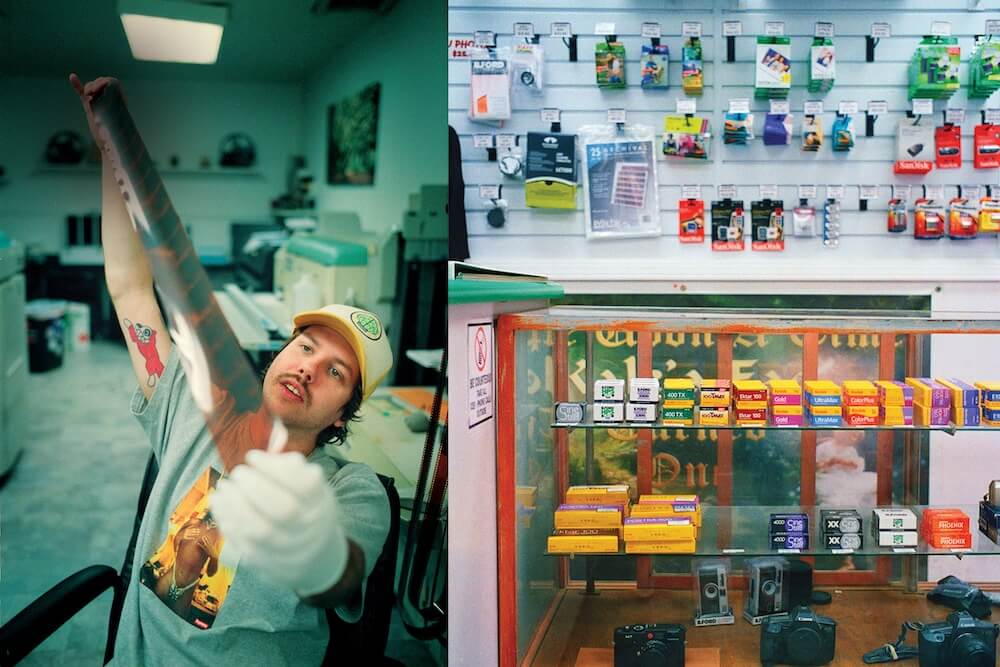Editor’s Note: The Way People are Supposed to Be

One of the great benefits of being a journalist is that you get to meet lots of different people — and not in the way that a police officer gets to meet lots of different people.
I listen and learn while people tell me about their work, goals and ideals, and sometimes they branch into talk about their children, their favorite music and where they like to surf or shop. What has surprised me is how rarely the people fit the stereotypes of who they are “supposed to be” — stereotypes that turn up a lot in movies and in many people’s minds.
Take businessmen and women, for example. I don’t know what captains of industry are like in Houston and Chicago because I’ve lived in Hawaii for the past quarter century, but most businesspeople who live here love Hawaii and appreciate its many qualities. They see Hawaii’s faults, and may try to fix them, but they love this place and its people, and that’s why they tolerate the high cost of living, substandard public schools and the isolation from Mainland family and friends.
Those businesspeople who don’t love Hawaii usually get fed up and leave to make more money elsewhere. That leaves us with a business community that, by and large, cares about this place, gives back by volunteering and knows how important it is to preserve the natural splendor of Hawaii. That’s important to keep in mind when we talk — and disagree — about development. Environmentalists and businesspeople may disagree about where and how to develop in Hawaii, but it makes no sense for them to portray each other as economically impractical idiots and money-hungry rapists of nature. You can’t have a conversation or reach a solution with a stereotype, and we certainly need solutions.
That’s why we brought together six smart and influential people to talk about development in Hawaii for this issue’s Hawaii Business Forum. Each of them has been a leader on the issue of development and, while they didn’t always agree, they found areas of consensus and raised important issues. Read it online at HawaiiBusiness.com/forums.
One last thought on stereotypes as our state legislators prepare to gather: Politicians are another group that get a bum rap, because many people see them as either principled allies or vermin that pander to special interests in exchange for gold and privilege. For the most part, I see decent people working within a broken system, trying to divide up a limited pool of money when our needs and divisions seem limitless. Unless you plan to run for public office yourself, your best bet for helping Hawaii is to meet with these legislators, have a civil discussion, and offer specific solutions that at least partially recognize that every dollar spent somewhere is not spent somewhere else. You might even thank them for serving in what has become a largely thankless role (I know I don’t want that job).
Yes, yes, I know, I am a naïve fool. I have been accused many times of having a too-optimistic view of people. But guess what? If I start by seeing the best in people, I find I usually get more accomplished with them. It’s an approach worth trying if you haven’t already.





